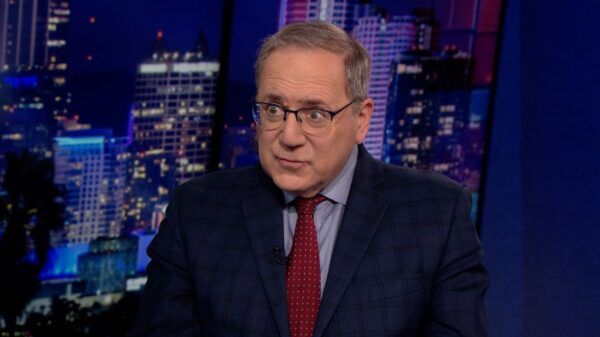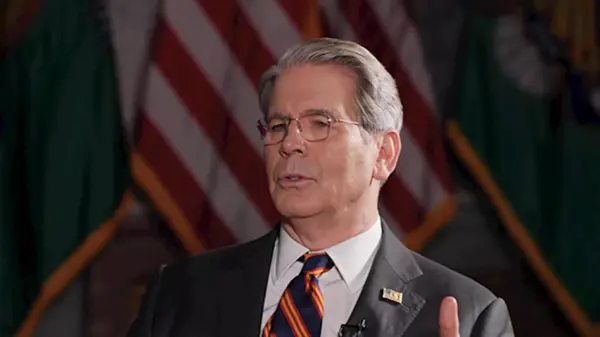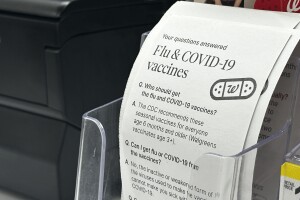The first dose of the hepatitis B vaccine is recommended at birth, a practice that has come under scrutiny following recent comments by Health and Human Services Secretary Robert F. Kennedy Jr. and a newly appointed panel at the Centers for Disease Control and Prevention (CDC). The debate centers around the safety and necessity of vaccinating newborns, despite longstanding evidence supporting the vaccine’s efficacy.
During a news conference at the Department of Health and Human Services on April 16, 2025, Kennedy and members of the CDC’s Advisory Committee on Immunization Practices (ACIP) questioned the established practice of administering the hepatitis B vaccine to newborns before they leave the hospital. This follows Kennedy’s controversial claim, made during an interview with Tucker Carlson, that an undisclosed CDC study linked the vaccine to an increased risk of autism—a claim for which no evidence has been provided.
Understanding Hepatitis B
Hepatitis B is a serious liver infection caused by the hepatitis B virus. According to the CDC, the virus is transmitted through contact with the blood, semen, or other bodily fluids of an infected person. Newborns are particularly vulnerable, as they can be infected during birth or through casual contact, given the virus’s ability to survive outside the body for about a week.
Dr. Peter Chin-Hong, an infectious disease specialist at the University of California, San Francisco, explains the potential severity of the disease: “Hepatitis B causes inflammation in the liver, leading to cirrhosis, liver failure, and even liver cancer. The longer you have hepatitis B, the higher the risk of these severe outcomes.”
The Case for Vaccination
The hepatitis B vaccine has been a cornerstone in preventing the virus’s spread since its development in the early 1980s. Administered as a series of two or three shots, the vaccine is highly effective, with a reported efficacy of over 97% when the full series is completed. The CDC’s childhood immunization schedule recommends the first dose at birth, followed by subsequent doses between one and 15 months of age.
“In 1991, when universal infant vaccination was recommended, there were 18,000 cases of hepatitis B among children under 10 in the U.S.,” Dr. Chin-Hong noted. “By 2022, that rate had plummeted to less than 0.1 per 100,000 among those aged 19 and under.”
This dramatic decrease underscores the vaccine’s success in virtually eliminating hepatitis B among children in the United States and globally, as 97% of countries now recommend hepatitis B vaccination for infants.
Safety Concerns and Misinformation
Despite this success, recent comments by ACIP chair Martin Kulldorff have reignited debates over vaccine safety. Kulldorff suggested that the current number of vaccines administered to children exceeds what is necessary, a sentiment echoed by Kennedy’s longstanding skepticism towards vaccines.
Dr. Chin-Hong counters these claims, emphasizing the evolution and safety of modern vaccines: “Today’s vaccines expose infants to fewer antigens due to advancements in how they are developed, making them safer and more effective.”
“There’s no evidence that the hepatitis B vaccine leads to autism or is a risk factor for autism, and that is unquestionable,” Chin-Hong asserted.
Looking Forward
The ACIP’s decision to re-evaluate well-established vaccines like the hepatitis B vaccine could inadvertently fuel public concern over vaccine safety. Experts warn that such actions might undermine public trust in the rigorous approval processes that vaccines undergo.
As the debate continues, the medical community remains steadfast in its support for the hepatitis B vaccine, citing decades of data and research affirming its safety and effectiveness. The World Health Organization and numerous health authorities worldwide continue to advocate for its use as a critical tool in preventing liver disease and cancer.
The implications of this debate are significant, as they may influence public perception and vaccination rates. The health community will need to address these concerns head-on, ensuring that accurate information prevails in the public discourse.




































































